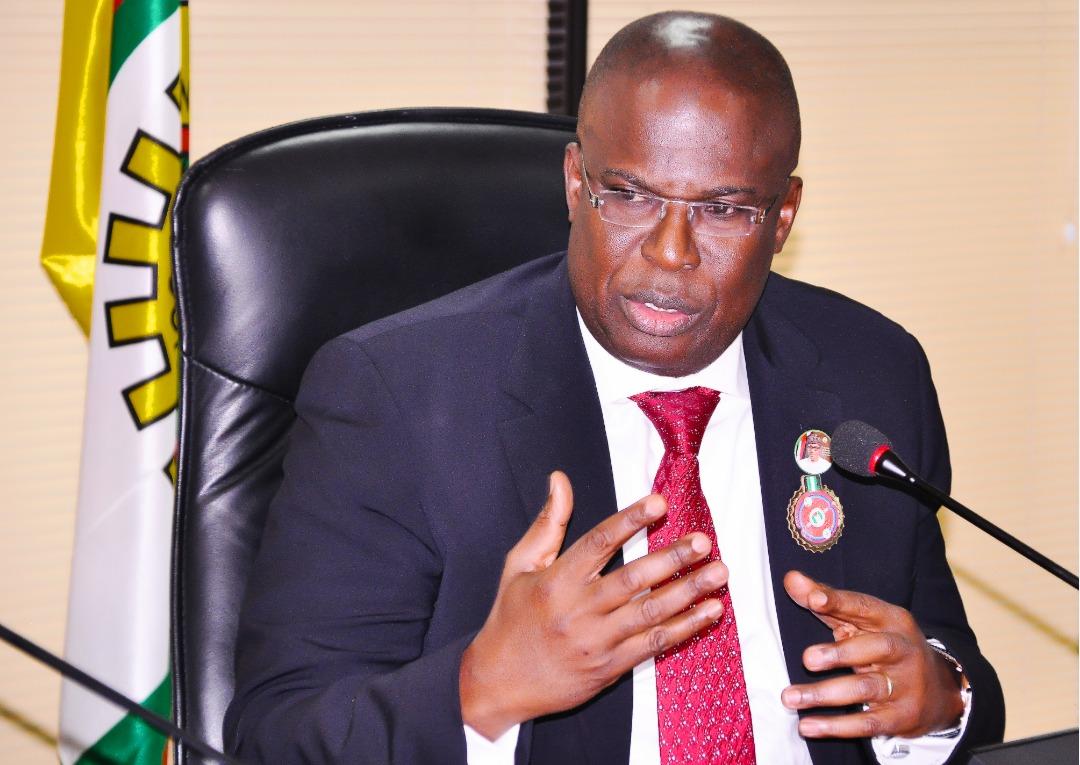Minister of State for Petroleum Resources, Chief Timipre Sylva, has said energy poverty is prevalent in Africa. He noted that that many Africans do not have access to clean energy.
Sylva said this while delivering a key note address at Nigeria-Africa Natural Resource and Energy Summit, organised by the Ministry of Mines and Steel Development at International Conference Centre, Abuja.
According to the Minister, about 760 million people lack access to electricity worldwide, with 3 out of 4 of them living in sub-Saharan Africa. He further stressed that one-third of the world’s population – about 2.6 billion people – have no access to clean cooking fuels, with over 900 million of these in sub-Saharan Africa. He noted that only 48% of sub-Saharan Africa population have access to electricity, while only 18% have access to clean cooking fuels, compared with a global average of 90% and 70%, respectively.
“Energy is an indispensable ingredient for human development and socioeconomic prosperity. It is central to jobs creation, security, health, and other challenges facing humans.
“This is why access to energy is prominently addressed in the UN Agenda 2030 for Sustainable Development Goals. In particular, SDG 7 focusses on access to affordable, reliable, sustainable and modern energy for all, as a fundamental right. “As at today, energy poverty is still much prevalent in the world, especially in Africa where millions of people still do not have access to electricity or clean cooking fuels.
Based on the UN data, about 760 million people lack access to electricity worldwide, with 3 out of 4 of them living in sub-Saharan Africa. Fur- thermore, one-third of the world’s population – about 2.6 billion people – have no access to clean cooking fuels, with over 900 million of these in sub-Saharan Africa.
“On the average, only 48% of sub-Saharan Africa population have access to electricity, while only 18% have access to clean cooking fuels, compared with a global average of 90% and 70%, respectively,” he started.
Chief Sylva also said Natural Gas could play a major role in energy transi tion, adding that Nigeria has already made strong commitment to embrace energy transition. “In particular, Natural gas is widely seen as a low carbon emitting energy source that could play a major role in the energy transition quest.
Read Also: Facebook romance turns nightmare as lady gets beaten mercilessly
Natural gas is known to emit 30% less CO2 compared to oil, and almost 70% less compared to coal, for an equivalent amount of energy supply.
It is well positioned to become the dominant fuel for generat- ing power worldwide. “Nigeria has already made a strong commit- ment to embracing energy transition, pledging to significantly reduce its greenhouse gas emissions under the Paris Agreement on Climate Change.
This is in addition to the com- mitment Nigeria made through His Excellency President Muhammadu Buhari, at COP 26 in 2021 to attain carbon net-zero by 2060.
“Nigeria needs afford- able, reliable and sustain- able energy resources to eradicate the prevalent energy poverty in the shortest time possible, and propel economic growth.
The only viable option currently on the table is natural gas, considering our vast proven gas endowments, put at 209 tcf, with 600 tcf potential reserves.
We cannot ignore this resource, especially when energy poverty is viciously starring at us,” he said. He called on African countries to stand together to weather the climate change storm, while avoid- ing losing all recent gains in the quest to pull the continent’s vast population out of energy poverty, and economic poverty.
The summit with the theme, “Towards a Greener Africa”, is the first of its kind in the country and it was organised to achieve the following goals: financ- ing of sustainable African natural resources and energy projects, promotion of trade and knowledge sharing between African nations, policy and strategy development for the natural resources sector as the world looks toward a greener future and showcasing the best of Nigeria to the continent.






